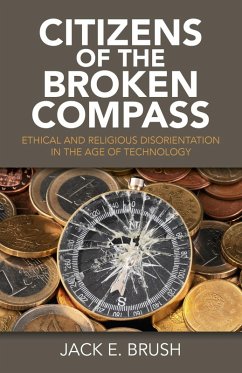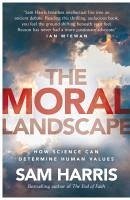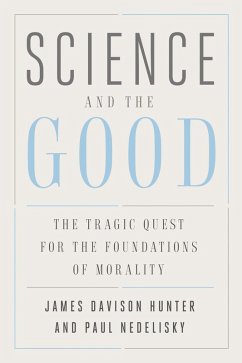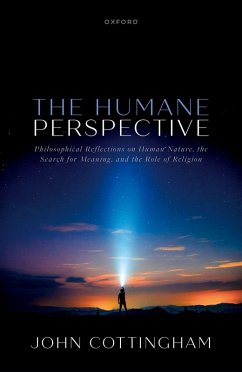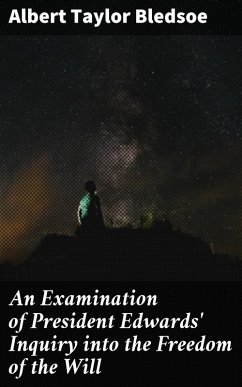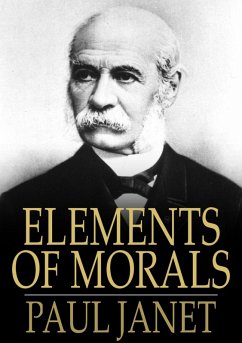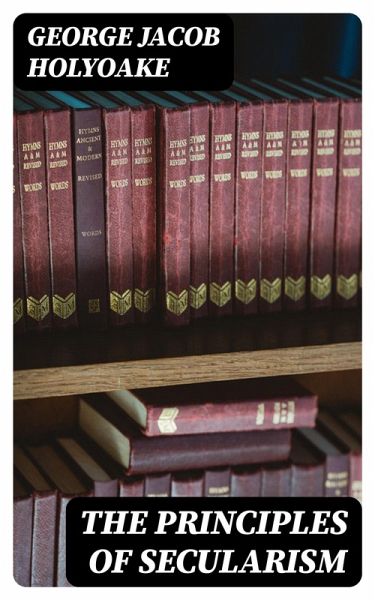
The Principles of Secularism (eBook, ePUB)
Versandkostenfrei!
Sofort per Download lieferbar
0,49 €
inkl. MwSt.
Weitere Ausgaben:

PAYBACK Punkte
0 °P sammeln!
In "The Principles of Secularism," George Jacob Holyoake meticulously articulates a philosophical framework that champions secular thought in an era dominated by religious dogma. Holyoake's keen analysis dissects the interplay between religion and societal governance, advocating for a worldview detached from ecclesiastical authority. Written in a clear yet eloquent style, the book traverses the historical roots and contemporary implications of secularism, establishing itself as a significant text within the broader discussions of rationalism and humanism in the 19th century. Holyoake's persuas...
In "The Principles of Secularism," George Jacob Holyoake meticulously articulates a philosophical framework that champions secular thought in an era dominated by religious dogma. Holyoake's keen analysis dissects the interplay between religion and societal governance, advocating for a worldview detached from ecclesiastical authority. Written in a clear yet eloquent style, the book traverses the historical roots and contemporary implications of secularism, establishing itself as a significant text within the broader discussions of rationalism and humanism in the 19th century. Holyoake's persuasive arguments are enriched by a wealth of historical examples and a commitment to reasoned debate, making the work both accessible and intellectually stimulating. George Jacob Holyoake was a prominent English writer, social reformer, and the individual who coined the term 'secularism' itself. His experiences in the context of 19th-century Britain, a time of rapid social upheaval and change, profoundly influenced him. Notably, he was involved in the Chartist movement and had a deep commitment to education and public discourse, which informed his views on the necessity of a secular framework for society to flourish without the constraints of religious orthodoxy. This seminal work is highly recommended for readers seeking to understand the foundations of modern secular thought and its relevance today. Holyoake's insightful critique of the interplay between religion and public life remains a compelling call for rationality and humanistic values, making this book essential reading for scholars, students, and anyone interested in the evolution of secular philosophy.
Dieser Download kann aus rechtlichen Gründen nur mit Rechnungsadresse in A, B, BG, CY, CZ, D, DK, EW, E, FIN, F, GR, H, IRL, I, LT, L, LR, M, NL, PL, P, R, S, SLO, SK ausgeliefert werden.






